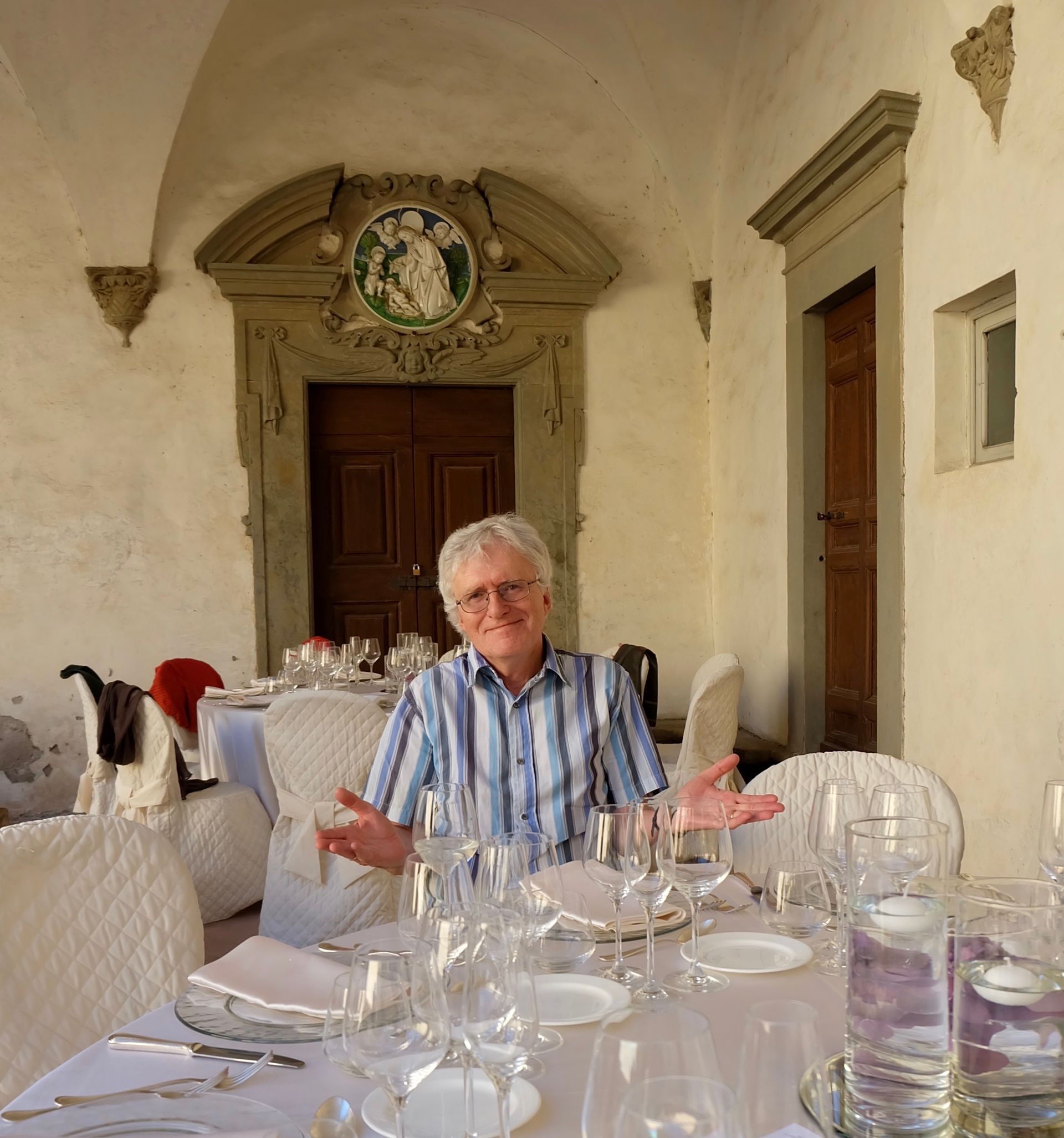Imagining Poverty 1220-1520: An interdisciplinary research project
Anna Welch Monash University/MCD University of Divinity
Many readers will know about the Make Poverty History
campaign – an alliance of over 70 aid and development organisations, community and faith-based groups in Australia who are working towards the United Nations’ goal of halving global poverty by 2015.  Sadly, poverty is all too prevalent in the present. As historians, we have a duty to deepen our community’s engagement with its past. As humans, we have a moral responsibility to strive for a more just and equitable world. So in the spirit of poet and philosopher George Santayana’s oft-quoted observation (‘those who do not remember the past are doomed to repeat it’) how have people experienced and understood poverty in the past?
Sadly, poverty is all too prevalent in the present. As historians, we have a duty to deepen our community’s engagement with its past. As humans, we have a moral responsibility to strive for a more just and equitable world. So in the spirit of poet and philosopher George Santayana’s oft-quoted observation (‘those who do not remember the past are doomed to repeat it’) how have people experienced and understood poverty in the past?
Poverty was a much-debated concept in the medieval period. Was lack of access to basic material prosperity a condition of shame, to be avoided, or was it an evangelical ideal of detachment from the material world to be pursued by all who followed the Gospel? Were groups like the Franciscans and Dominicans (who, in theory at least, survived by begging and alms) laudable, or were they selfishly diverting resources from the genuinely needy?
Funded by the Australian Research Council, the Order of Friars Minor and the Order of Preachers, the research project Imagining Poverty: conceptualising and representing poverty and the poor in mendicant inspired literature, preaching and visual art 1220–1520 brings together scholars from Monash University, the MCD University of Divinity and the University of Western Australia. The goal of the project is to explore the various ways in which poverty was understood in literature and visual art inspired by or responding to the mendicant religious movement in the period 1220–1520. Analysing preaching and didactic literature in both Latin and the vernacular, as well as visual art, it considers poverty as an influential but polyvalent concept in late medieval society, with a special focus on Italy, England and France.
The project brings together distinguished Franciscan medievalist Fr Campion Murray ofm, a specialist on the literature of Spiritual Franciscans, with specialists on medieval thought (Constant J Mews), preaching (Peter Howard), visual art (Claire Renkin), French and English vernacular literature (Jan Pinder and Anne Scott) and manuscripts (Anna Welch, the team’s research assistant).
The Imagining Poverty project members will present their current research in a series of dedicated sessions on Friday 15 February at the upcoming ANZAMEMS conference , hosted by Monash University (12–16 February 2013). They will be joined by international experts including Sylvain Piron (Institut de Recherche et d’Histoire des Textes, Paris), Sharon Farmer (University of California) and Nicholas Terpstra (University of Toronto).
For more information on the Imagining Poverty project, including other upcoming talks, publications and events, please contact Anna Welch: anna.e.welch@gmail.com.








